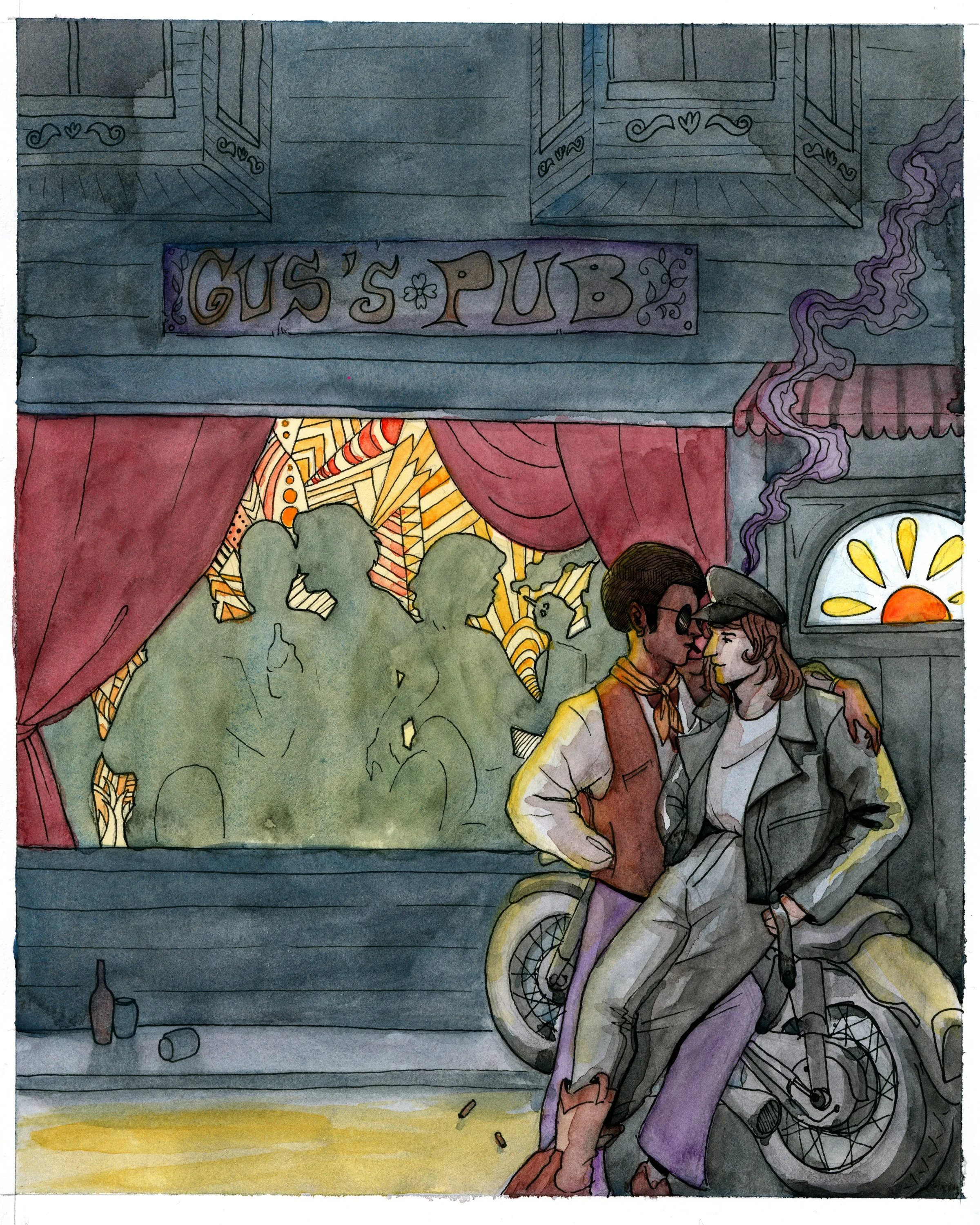The History of Gay Bars in the Haight & Cole Valley
You're standing at 1840 Haight Street, now O'Reilly's Pub. This location represents the culmination of decades of legal battles and community organizing that transformed San Francisco into America's gay capital—a place where LGBTQ+ people could finally gather safely after generations of persecution. 1840 Haight Street embodies the courage of LGBTQ+ pioneers who transformed legal victories into vibrant community spaces where freedom, music, activism, and solidarity flourished.
Believe it or not - this location was the site of several historic gay bars. Here are their names:
Bones - Deemed one of the legendary "Seven Gay Bars of Haight Street" during the 1960s-70s gay liberation era. The gay band Buena Vista performed here, and Bones hosted the historic celebration for Harvey Milk's inauguration as San Francisco's first openly gay supervisor in January 1978.
Le Disque - A disco and dance club featuring Tavern Guild meetings, themed parties, and the National Tea Dance events that connected San Francisco to the nationwide gay community.
The Manhandler - A cocktail lounge open daily with nightly dancing, affordable drinks (65¢ cocktails!), and the vibrant atmosphere that made Haight Street a gay cultural hub.
Archived flyers from Bones, Le Disque, and The Manhandler. Courtesy of The Bay Area Reporter archives.
The Haight's gay bar history began with The Whoo Cares (1951-1961) at 782 Haight Street, making it one of the area's first gay establishments. Charlotte Coleman, a lesbian bar owner forced from her IRS job due to homophobia, opened the Golden Cask at 1725 Haight Street. Known for its excellent restaurant and gay clientele, it survived until 1972 when Coleman's attention shifted to her Castro and Polk Street ventures, including The Mint. Coleman would eventually own nine gay bars and become a major Tavern Guild fundraiser.
In 1966, Rikki Streicher opened Maud's Study at 937 Cole Street, which became San Francisco's longest-running lesbian bar (closing in 1989). Even singer, Janis Joplin and Peggy Caserta, inventor of the Bellbottom jeans (Mnisidika 1510 Haight) frequented Maud's during the Summer of Love. A new women’s sports bar has opened up on Market St, named in honor of Rikki Streicher. Check it out!
The Seven Gay Bars of Haight Street
Gus's Pub (1446 Haight) - Leather/ motorcycle/hippie bar with a more alternative counterculture vibe
The Question Mark (1437 Haight, now Trax) - the sole survivor of the Gay bars in the Haight
The I-Beam (1748 Haight) -Major dance club and live music venue drawing 1,000 people nightly
Bones (1840 Haight) - this location
Cadillac/The Deluxe (1511 Haight) - Trendy pool, live music and cruising spot
Mauds (937 Cole) - Rikki Streicher's lesbian gathering place
Bradley's Corner (900 Cole) - Streicher's gay piano bar with 69¢ spaghetti dinners
Each represented "different versions of 'gay' you could be"—from hippies to activists to leather crowds—fostering the diversity that fueled gay liberation.
These establishments emerged from the legal victories won by brave pioneers like Sol Stoumen and the community organizing of the Tavern Guild. They provided the first truly safe gathering spaces where LGBTQ+ people could be openly gay, organize politically, and build the solidarity that powered the national movement following the uprisings in the Tenderloin in SF, Stonewall in NY, and Dewey’s Sit-In (1965) and Annual Reminders (1965-1969) in Philadelphia at Independence Hall.
Illustration of Gus’ Pub by the award winning queer artist Reese Dallas Bice.
Go Deeper into the history of SF’s Gay Bars
The story begins with Sol Stoumen, a Holocaust survivor and straight bar owner who changed gay history forever. Stoumen owned the Black Cat Cafe in North Beach, where drag performer José Sarria performed operatic arias while serving drinks. When police tried to shut down the Black Cat for serving "known homosexuals," Stoumen fought back, taking his case all the way to the California Supreme Court.
In 1951, the court ruled in Stoumen v. Reilly that homosexuals had the right to congregate and that bars couldn't lose their licenses solely for having gay clientele.
However, victory came at a devastating cost. Although Stoumen won the case, the Black Cat had to close in 1964 because the legal fees from 15 years of unrelenting police harassment had financially destroyed the business. Even winning the Supreme Court case couldn't save it—the bar lost its liquor license in 1963 and struggled on as a luncheonette until February 1964.
Despite Stoumen's legal victory, police corruption continued through the "Gayola" scandal—a systematic extortion scheme where officers demanded bribes from gay bar owners to avoid raids. In the late 1950s, frustrated bar owners courageously went public, exposing the corruption. The 1961 trials that followed marked a turning point, spurring the formation of the Tavern Guild—America's first gay business association—in 1962 at the Suzy-Q bar on Polk Street.
The Tavern Guild revolutionized gay bar culture by creating a phone network to warn of raids, fixing drink prices to prevent competition, setting up unemployment funds, and organizing the annual Beaux Arts Ball—San Francisco's first large public drag event.
After the Black Cat's closure, José Sarria—nicknamed the "Nightingale of Montgomery Street"—moved his performances to the Haight, singing arias at Romeo's Pizzeria (1605 Haight Street). But Sarria was far more than an entertainer. He was a founding member of the League for Civil Education (LCE), the Society for Individual Rights (SIR), and the Tavern Guild.
In 1961, Sarria made history by running for the San Francisco Board of Supervisors, becoming the first openly gay candidate for public office in the United States—and the first openly gay Latino to seek elected office. Though he never expected to win, he almost won by default when officials realized there were fewer than five candidates for five open seats. By the filing deadline, 34 candidates had entered the race. Sarria garnered 6,000 votes, finishing ninth—enough to shock political pundits and establish that a gay voting bloc could wield real power.
As Sarria later said, "From that day on, nobody ran for anything in San Francisco without knocking on the door of the gay community."
Want to learn more?
Queer History Happened Here is a project put on by Eye Zen Presents, a queer theater company in San Francisco whose mission is to unearth and uplift the voices of queer ancestors, making LGBTQIA+ history visible. This is part of an on going project called Walk With Me, a self-guided audio tour of the queer countercultural history of the Haight-Ashbury. The tour is in production and will be launched in 2026!










